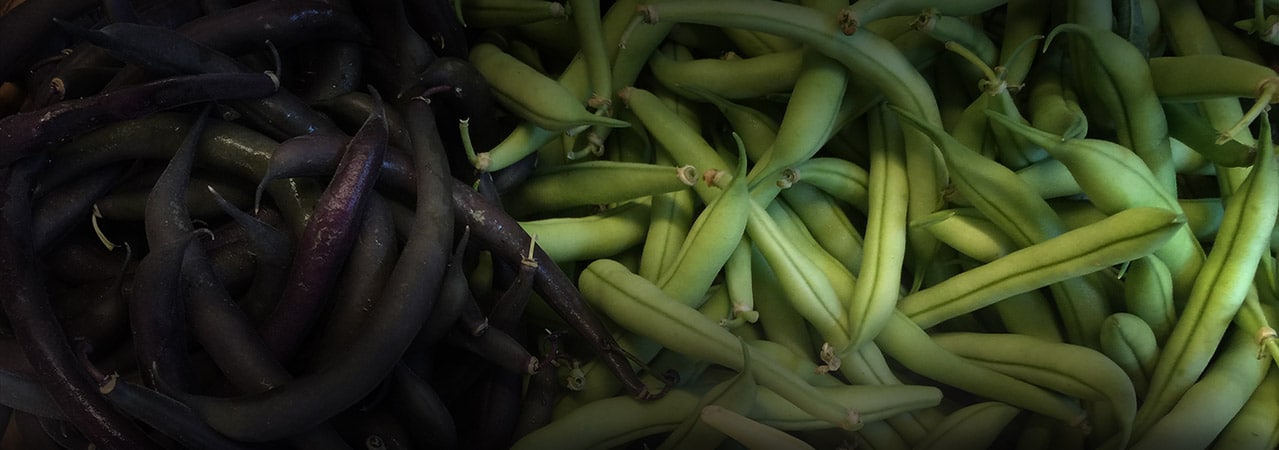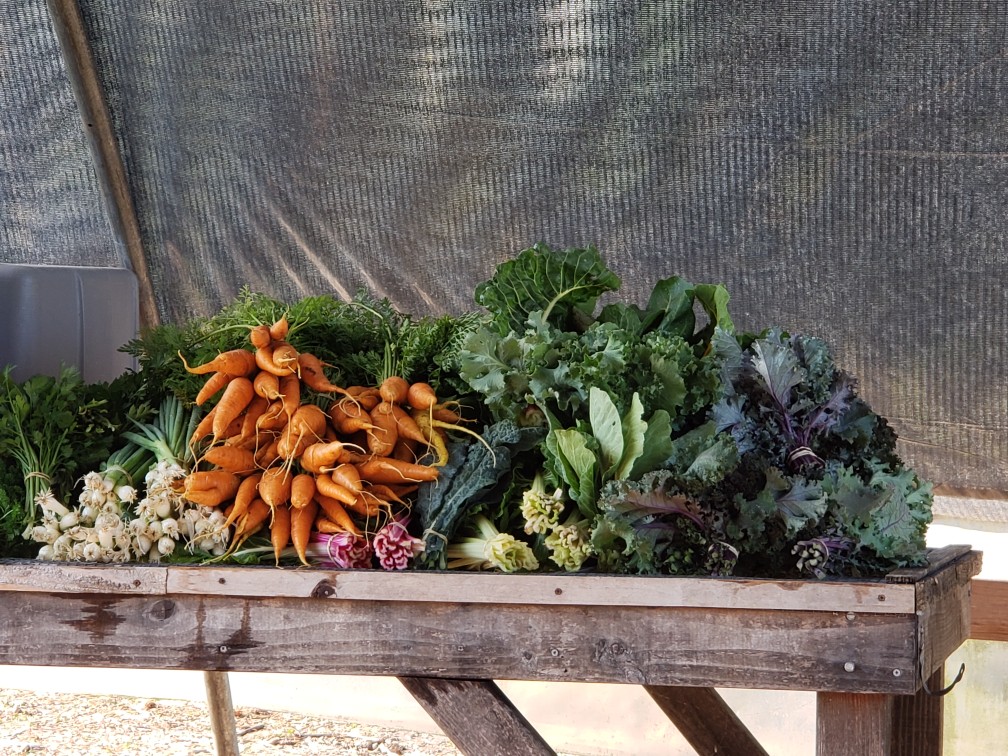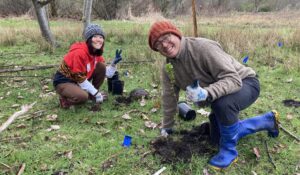
Sustainable Farms & Fields Bill Helps Farmers Transition To Regenerative Practices
Sustainable Farms & Fields Bill Helps Farmers Transition To Regenerative Practices
- posted on: January 2, 2020
- posted by: Robin Crowder
"*" indicates required fields

The good people at Carbon Washington wrote a guest blog for us about the proposed Sustainable Farms & Fields bill. We hope you’ll read this quick summary and be inspired to learn more about the draft legislation.
It is no secret that climate policy is often a point of tension among politicians, but one exciting piece of legislation might be the exception to this rule. Proposed during the 2019 legislative session with bipartisan support, the Sustainable Farms and Fields bill is a story of cooperation among environmental groups, farmers, Republicans and Democrats to address emissions from the agricultural sector and to promote practices that sequester carbon.

If passed during the 2020 legislative session, the bill would provide funding for a voluntary grant program through which interested farmers can receive financial incentives to implement practices that mitigate climate change. Since agriculture accounts for 9% of all greenhouse gas emissions in the U.S., Sustainable Farms and Fields is a powerful step toward making Washington’s food system more sustainable. The program would work by funding efforts to reduce greenhouse gas emissions, help farmers adopt agricultural practices that sequester carbon in the soil such as reduced tillage or cover cropping, and initiate agroforestry by planting trees and shrubs on agricultural land.
Since farmers’ livelihoods are directly impacted by climate events such as heat waves, droughts, or increased rainfall, this bill will enable our state’s rural and agricultural communities to play an active role in the fight against climate change. Sustainable Farms and Fields would empower farmers to preserve the future of their farms; especially those who might have otherwise been unable to afford the transition to climate-conscious practices.
What can you do to help support climate-friendly farming? Engage with your local farmers, ask them about their farming practices, and support farmers that use regenerative methods. You can also reach out to your representatives and ask them to support the Sustainable Farms and Fields Bill (SB 5947) in the 2020 legislative session so that Washington State farmers can begin building resilience against the effects of climate change. Together, we have the ability to influence positive change and move Washington towards a more sustainable future.
For more information visit Carbon Washington’s website here.











 back to blog overview
back to blog overview








